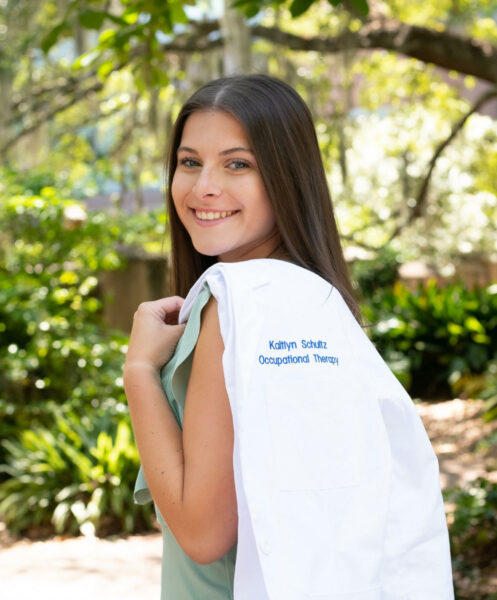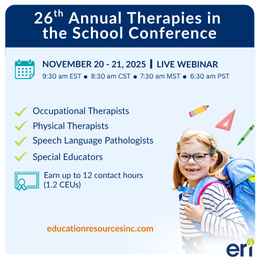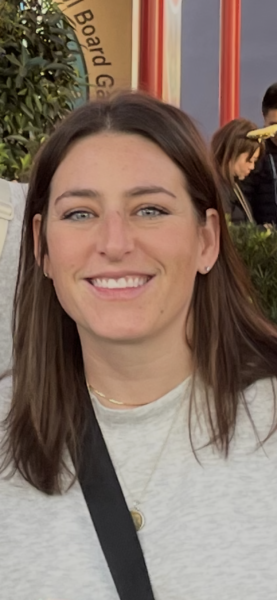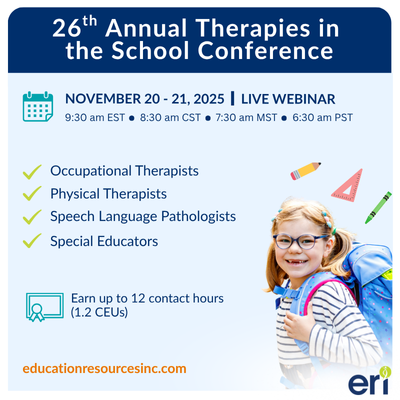If you’re a related service provider just stepping into the world of school-based practice, the Individualized Education Program (IEP) might feel like a maze of legal language, educational jargon, and paperwork. But don’t worry—this guide will help you navigate the essentials with clarity and confidence.
📘 What is an IEP?
An IEP is a legal document developed for each public school student who qualifies for special education. It outlines the student’s current abilities, goals for growth, and the services and supports they’ll receive to make progress towards those goals and succeed in school.
As a related service provider, your role is to contribute your expertise to help the student access and participate in their education. That means writing parts of the IEP and collaborating with the team.
✍️ What You’ll Be Writing in an IEP
Here are the key sections you’ll likely contribute to:
1. Present Levels of Academic Achievement and Functional Performance (PLAAFP)
This is the foundation of the IEP. It should describe:
- The student’s strengths, interests, and challenges
- How their disability affects participation in school
- Data from assessments, observations, and therapy sessions that describe how the student is currently performing
Tips:
- Use accurate, objective language
- Be concise and clear
- Avoid jargon—write so that families and educators can understand
- Be neutral and avoid negativity, opinions or language that is hurtful or unkind towards the student and their abilities
2. Annual Goals and Short-Term Objectives
These are measurable, observable outcomes the student should reach within a year.
Tips:
- Make goals SMART: Specific, Measurable, Achievable, Relevant, Time-bound.
- Connect goals with educational access and participation
- Example: “By October, Sarah will independently use a visual schedule to transition between classroom activities with 90% success.”
- For benchmarks or short-term objectives, include the smaller steps or components on the path to the annual goal
3. Accommodations and Modifications
These are materials, conditions or other resources that support the student’s access and participation in their educational program.
Examples:
- Preferential or flexible seating (near the source of instruction, away from specific stimuli, with clear space for freedom of movement, etc.)
- Extended time for (in-class, individual, homework, etc.) assignments
- Use of assistive technology
- Unrestricted access to communication supports
- Access sensory-motor items and activities to facilitate regulation
Tip: Think functionally—what does the student need to succeed in the classroom, on the playground, in the lunchroom, in the hallways?
4. Related Services
This is where you specify the therapy you’ll provide:
- Frequency (e.g., 2x/week) – How often?
- Duration (e.g., 30 minutes) – How long?
- Setting (e.g., in-class, pull-out) – Where?
Tip: Presents levels drive Areas of Need, which drives goals, which drives accommodations and services. This logical and linear pathway brings clarity to the process and ensures educational relevance when determining goals and services.
🧭 Where to Get Help
Writing IEPs is a team effort. Here are some resources and strategies to support you:
✅ Mentorship
Ask colleagues to share different sections of IEPs they’ve worked on so you can gather ideas around language and being concise yet thorough. Colleagues can suggest edits to your draft IEP sections to better capture what you want to communicate.
📚 District Guidelines
Ask your manager for guidelines and resources specific to your districts’ electronic IEP system, as well as templates and guidance on best practices for writing compliant IEPs.
💻 Professional and Licensure Resources
- ASHA, AOTA, and APTA offer school-based practice guides.
- Your state practice act or licensing agency may have specific school-based therapy guidelines.
🤝 Collaboration
Work closely with teachers, psychologists, and families. Their insights make your contributions stronger and more relevant. You might ask – what would it look like if the student’s difficulties were improved? What could the student do more easily, more accurately, more independently, more safely, etc.? This leads you to a goal that is a functional outcome for that student.
💡 Final Thoughts
Writing IEPs isn’t just paperwork—it’s advocacy and in many cases, your intervention plan. Your accurate and thoughtful input helps shape a student’s educational journey. With time, practice, and collaboration, you’ll become confident in crafting IEPs that are meaningful, accurate, and empowering.
💡 Want to learn more?
Check out our courses for school-based therapists: PTs, OTs, and SLPs. Learn evidence-based strategies from leading experts!
Join our Therapies in the School conference on November 20 and 21, 2025 for two inspiring days of learning tailored to school-based physical therapists, occupational therapists, speech-language pathologists, and special educators.
Sources
- School-Based Occupational Therapists’ Roles Supporting Transitions Into and Throughout Kindergarten to Grade 12: A Scoping Review | The American Journal of Occupational Therapy | American Occupational Therapy Association
- Accommodating students with exceptional needs by aligning classroom assessment with IEP goals: International Journal of Inclusive Education: Vol 28, No 8
- General education inclusion of students with significant disabilities: the role of the school-based occupational therapy practitioner: Journal of Occupational Therapy, Schools, & Early Intervention: Vol 0, No 0
- pdf Elder, B. C., Rood, C.E., & Damiani, M.L. (TBD). Writing strength-based IEPs for students with disabilities in inclusive classrooms. International Journal of Whole Schooling, 14(1), 116-153.



 Kaitlyn is in her first years in one of the nation’s largest districts – Chicago Public Schools. Already, she has demonstrated exceptional commitment and resilience in her transition to this role. With a background in early intervention and hospital-based fieldwork, she entered the world of school-based OT with an open mind, a strong work ethic, and a deep desire to positively impact children and to grow professionally.
Kaitlyn is in her first years in one of the nation’s largest districts – Chicago Public Schools. Already, she has demonstrated exceptional commitment and resilience in her transition to this role. With a background in early intervention and hospital-based fieldwork, she entered the world of school-based OT with an open mind, a strong work ethic, and a deep desire to positively impact children and to grow professionally. Ready to join a community of passionate school-based therapists?
Ready to join a community of passionate school-based therapists?  Claire serves a large school district where challenges around equity and inclusion are ever-present. Yet she meets those challenges head-on, striving to meet every student where they are and advocating for their fullest participation in school life. Her collaborative nature shines in her work with OTs, SLPs, educators, administrators, transportation professionals, cafeteria workers and families—finding solutions to support students’ access, participation and opportunities to thrive at school.
Claire serves a large school district where challenges around equity and inclusion are ever-present. Yet she meets those challenges head-on, striving to meet every student where they are and advocating for their fullest participation in school life. Her collaborative nature shines in her work with OTs, SLPs, educators, administrators, transportation professionals, cafeteria workers and families—finding solutions to support students’ access, participation and opportunities to thrive at school.  Ready to join a community of passionate school-based therapists?
Ready to join a community of passionate school-based therapists?  What You’ll Learn
What You’ll Learn